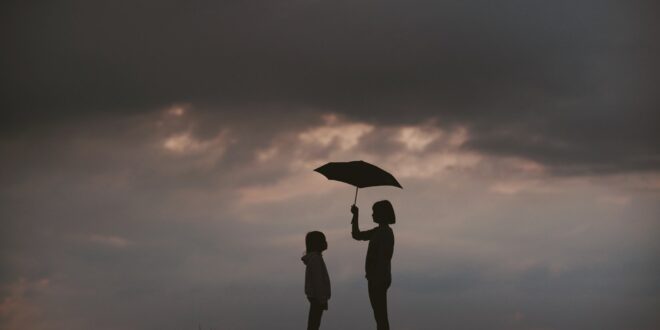Cyclone Gabrielle, and the severe weather events that preceded it, are a major blow to thousands of affected Kiwis. With loved ones lost, livelihoods destroyed, communication systems and roads unusable, and literally hundreds of families left without homes, knowing where to start first in providing help, can feel utterly daunting. Unfortunately, feeling overwhelmed is a recognised recipe for inaction. To overcome this, we’ve provided some practical tips on how to respond, so we can all make a difference to the people who need it most.
Donating
Donating is a concrete way to provide aid – but only if you pitch it in the right direction. Sadly, scammers are out for your money too, so give wisely by going to the government website set up to help you do just this. Scroll to the bottom of the page to find easy steps on where and how to donate. Don’t be put off by the fact you may be in a position to give only a little. Every dollar helps, and next week you may be able to give again.
Team spirit
Join in with the ‘Adopt a Spot’ campaign. Around the country, regions less or
unaffected by weather events have been matched with regions that desperately need help. Dunedin, Invercargill, Selwyn, and Marlborough, for example, are assisting Gisborne. Read more about ‘Adopt a Spot’ here, and ask your local council how you can help with planned fund-raising activities. You may even like to start your own.
Go homeless!
Around the country, friends and family are sharing their homes with those who have none. It’s a generous offer, but there’s something more you may like to consider. When disaster strikes, it’s important for affected families to have time alone, together, so they can reconnect with each other. Do you have friends you could stay with while a cyclone affected family has your home to themselves? Perhaps you have a camper van you can head away in for a week, or you may like to bring a planned break-away, forward? If you can make it happen, don’t forget to leave the pantry filled, and home baking on the bench. If you want to make your home available but don’t personally know of a family in need, contact your local Salvation Army or WINZ for advice.
Oasis of calm
If you are ‘on the spot’ but unaffected in a cyclone-hit area, you will already be doing your best to help out. While most people are happy to eat communally when necessary, others will appreciate your creating a little oasis of calm around them. Is there a mother with a young baby, or an older person, whom you can serve a meal to on a tray with a serviette and a flower from your garden, to accompany it? Perhaps you can do something similar in the midst of helping clean out their home by creating a little spot on a flat surface, and spreading out a clean tea towel before serving a snack. These little moments of care are what can ‘hold’ a person who is otherwise crumbling amidst the chaos.
How to listen
Whether you have cyclone affected family staying with you, or you are on the spot in affected areas, make time to listen. Talking after trauma is what helps with healing. Refrain from asking questions; show you’re listening with your eyes and with gestures; repeat back to the person some of the things they are telling you. Above all, don’t rush them.
Children are special
Children are among those who are most traumatised by disaster, but they may not always display this in words. If you are caring for affected children in your home or on the spot, make exceptions for behaviour that may seem out of character. Provide them with plenty of art and craft materials – creativity accesses emotions where words cannot, and is an important part of healing.
Wherever you are in the country, there are practical ways to offer support to victims of extreme weather. Find what best suits you, and act on it.









Join the Discussion
Type out your comment here:
You must be logged in to post a comment.